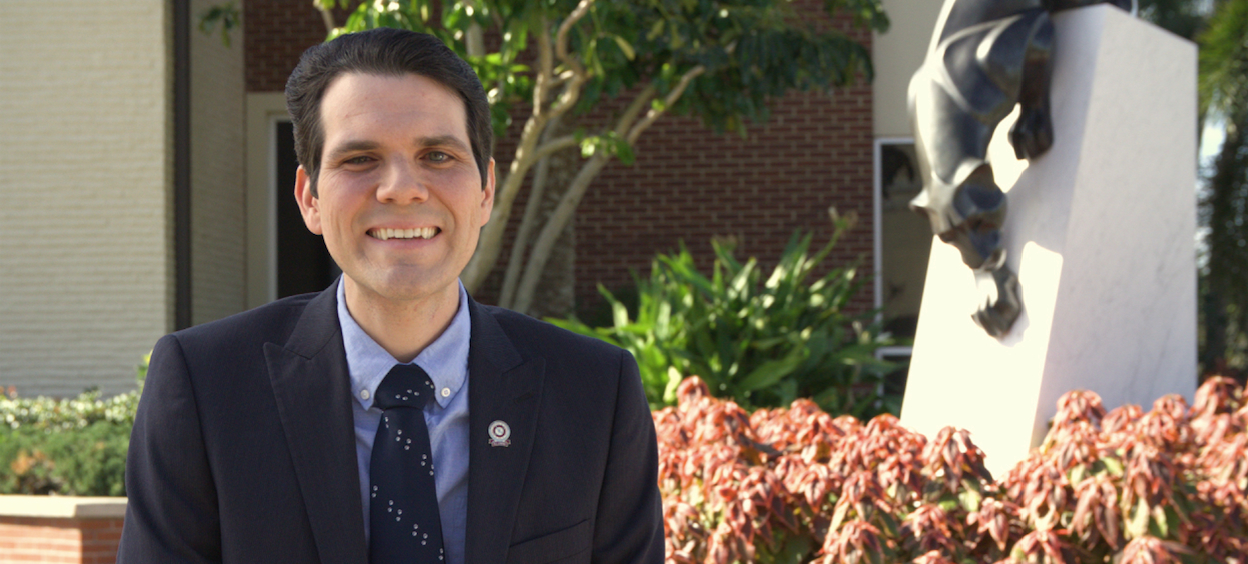The nature of news is inherently to inform the good, the bad and the ugly. But research shows that market forces respond to consumer’s demand for more bad news because we seek more of it.
Our inclination to pay attention to stories about terrorism, oppression and even political deviances is linked to our instinct to respond to threats. Humans are bound to pay close attention to negativity, due to what neuropsychologists call our “negativity bias.”
Biases make our judgment and decision making faster and more efficient, but not all promote a balanced state of mind. According to Psychology Today, cognitive biases that make us jump to inaccurate or unreasonable conclusions can contribute to negative emotions.
Throughout evolution, the brain’s reaction caused by negative information alerted us to potential danger. And despite how alerts to possible threats were beneficial for our ancestors’ survival, too much of it can cause psychological distress, according to a study that focused on people’s anxiety after consuming news about the Boston Marathon bombings in 2013.
Our Attraction to Bad News
Imagine you’re a tourist on a breathtaking walk alongside a lake and encounter an alligator on the surface of the water. What do you think you will remember more vividly about the walk: the view or the alligator? Most people will remember the alligator and recount the story to others, again and again.
It’s difficult for us to balance out the intake of negative information when it’s deeply rooted in our neurons. “Our brain is predisposed to go negative, and the news we consume reflects this,” said Loretta Breuning, a former professor of management at the University of California and author of the book, Habits of a Happy Brain in an interview with Time. A survey conducted by NPR and the Harvard School of Public Health also found that consuming negative news made people feel anxious.
Psychologists involved in the research observed that sensationalized traumatic news, as well as explicit images, were high stressors.
This should come as no surprise: negative information is now in the palm of our hands. We are digitally bombarded with information that sparks negative stimuli, despite living in a less dangerous period. So, do we avoid bad news?
Well, that might be harder than it seems. With the current surge of social media and the 24-hour news cycle, exposure to negative and traumatic events is increasing. Scrolling through our phones and experiencing acute events that happen thousands of miles away like destructive hurricanes and threatening war crimes is a new phenomenon.
The study on the Boston bombings explains that since people are tuned in to process as much information as possible to protect themselves, bad news can stay in our memory longer than usual, causing a general sense of fear. According to psychologists, these distortions, or biases, can elevate our levels of stress.
How Bad News Activates Cognitive Biases
Despite human’s evolutionary need to feel some stress when faced with a possible threat, researchers argue that our reasoning isn’t always accurate because of our preexisting biases. In fact, in another study published by the American Psychological Association (APA), researchers found that threat-related biases, or ones drawn to negativity, are the core underlining of much of our anxiety.
According to an article by The Atlantic that looked into the impact biases have on our thought process, three biases have been shown to affect negative traits excessively.
Negativity Bias
This bias describes the idea that people are more attentive to and are more influenced by negative aspects of our environment than by the positive. According to the Journal of Academic Medicine, people instinctively watch for what is dangerous and plan for the worst-case scenario. So, when we consume repetitive news of traumatic events like plane crashes, we might believe that they’re more dangerous, when in fact, car transportation is linked to deadlier accidents. News media outlets are known for following up on traumatic stories to keep the public informed, but the range of negative images and facts can increase our negativity bias.
Availability Bias
In social psychology, availability bias causes people to estimate the frequency of an event based on the ease with which associations or instances come to mind. In other words, if someone was stirred by a story about pollution in a nearby city, they might assume that the same problem might happen in their own city, regardless of their lack of evidence to the fact.
Confirmation Bias
The APA defines confirmation bias as the tendency to gather and/or interpret information that confirms someone’s preexisting expectations and beliefs. This happens when people repeatedly use supporting evidence and dismiss or fail to analyze contradictory information. People who support or oppose an issue will most likely interpret news stories in a way that supports their existing ideas. This type of bias can prevent people from looking at situations and information objectively.
Although it may sound counterintuitive, psychologists point out that whenever our brain tells us to focus on the negative aspects of a news notification or headline, we should avoid retaining all the details. They want us to know that generally, we will be all right.

